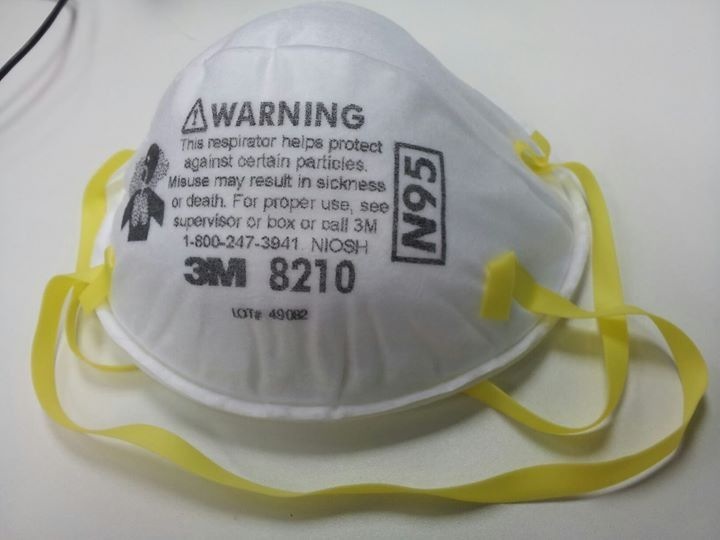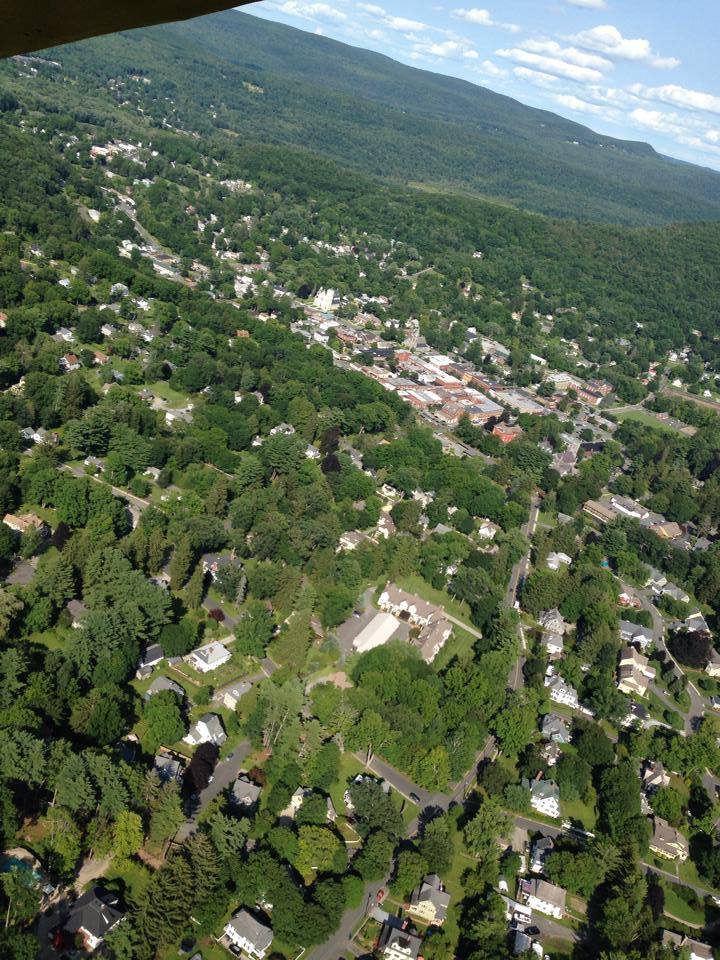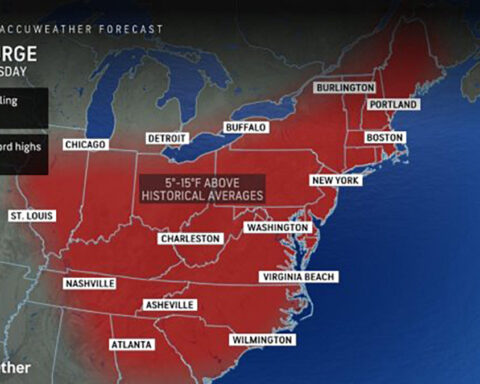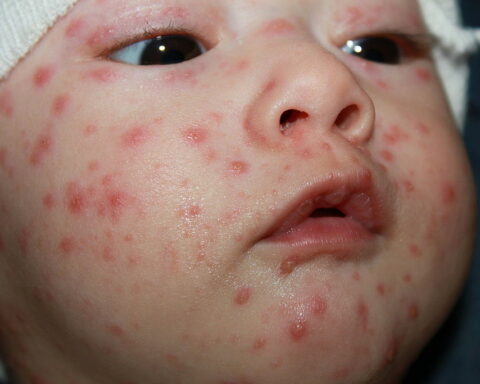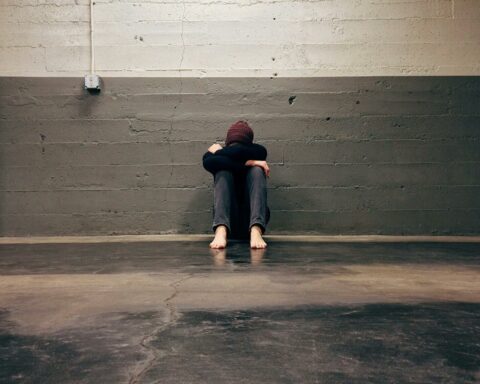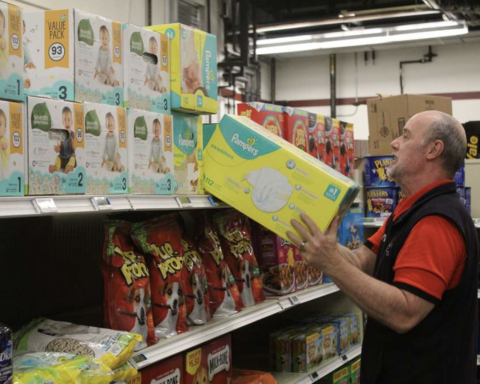By Jason Pramas,
Executive Director at DigBoston, where this piece was originally published.
Concerned community members in Cambridge have organized buying high-quality KF94 masks in bulk via their cambridgemasks.org website for public school students that need them in the extraordinarily wealthy city, according to the Cambridge Day. Which is certainly laudable. The question is: Why do individuals need to raise funds to provide personal safety equipment to students at all?
It’s bad enough that state government has mandated that Massachusetts public school students have to attend classes in person this year—with the Delta variant of the coronavirus raging out of control; 35% of students aged 12-15 (and a similar percentage of 16-19-year-old students) still unvaccinated in the Commonwealth, according to WCVB; and all students under 12 remaining unvaccinated until a vaccine is proven safe enough to administer to them.
…half-measures, or the pathetic fractional measures actually on offer like the Biden effort, won’t do…
It’s even worse that schools are forced to rely on the state’s new mask mandate for nearly all (but not quite all) students, staff, and faculty at public schools—plus readily available COVID testing (in theory at least)—to make up for the lack of 100% vaccination rates in those schools. And that said mandate will only last until Oct 1 for public schools that reach an 80% vaccination rate by that time, according to the Boston Globe.
Yet it’s completely unconscionable that government at all levels isn’t making free high-quality masks available for not only all students, including private school students, but also for everyone residing in the United States.
Sen. Bernie Sanders (I-VT) tried to pass a bill to do just that in Congress last year with the overlong (if descriptive) official title “To provide, manufacture, and distribute high-quality face masks for every individual in the United States during the COVID–19 emergency using the Defense Production Act and other means.”
Had it been enacted, everyone in the US would have been sent free high-quality masks through the US Mail on a regular basis (and could also pick them up at community distribution sites) until the pandemic ended.
But 15 Democratic co-sponsors (including, surprisingly, Sen. Chuck Schumer (D-NY)) weren’t enough to get it through the Trump Senate. And a narrowly Democratic House was unlikely to pass it even if the Senate did. So predictably the effort died almost immediately (as did a weaker effort by Sens. Markey (D-MA) and Blumenthal (D-CT) last November). Sadly, it has not been revived this year, other than Sanders and a few Congressional allies sending a February letter to President Joe Biden asking him to provide masks for all along the lines laid out in the failed bill, according to Boston.com.
The best the Biden administration has done on mask provision was giving out 25 million free cloth masks starting in March to “1,300 community health centers and 60,000 food pantries and soup kitchens.” No word on whether all the masks were distributed. Or why cloth masks were chosen when they are known to be ineffective against coronavirus transmission compared to even paper surgical masks—let alone high-quality KF94, FFP2, KN95, or N95 masks that consistently protect both wearers and people around wearers from infecting each other.
A public health crisis requires public health responses, and no amount of unevenly distributed volunteer efforts are going to make up for massive health inequities
Regardless, half-measures, or the pathetic fractional measures actually on offer like the Biden effort, won’t do—in a nation where only 53.2% of residents are fully vaccinated as of Saturday, according to the Mayo Clinic vaccine tracker; most aren’t wearing masks at all; and most school systems haven’t mandated wearing them.
At least part of the reason for low mask adoption rates has been that many people can’t afford good masks—and there’s wide awareness that the cloth masks, bandanas, neck gaiters, and the like that most people have access to don’t really protect anybody.
So it should be a major goal of the federal government—and every state and local government sane enough to help out—to start funding the production and distribution of high-quality masks for all as soon as possible. While initiating a crash program to provide free masks for all school students, staff, and faculty—be they in public or private institutions—within two weeks. Thus giving our nation the barest chance of preventing what is surely going to be a major Delta virus spike by the end of the month (on top of the ongoing Delta spike) once school has been back in session for a few weeks nationwide. A prophecy that’s already 20-20 hindsight since the Wall Street Journal just reported that school systems—mostly in anti-mask, anti-vaccine red states—that started early in August (or even July) are already having major outbreaks.
In Massachusetts, the innovative “test and stay” (where students, staff, and teachers exposed to an outbreak are given the fast and less accurate BinaxNOW COVID test every day for five days) and “pooled testing” (where groups of students, staff, and faculty are regularly given minimally invasive shallow nose swabs that are pooled into tubes in groups of 10 to identify outbreaks early and followed up with the test and stay regimen or slow and more accurate individual PCR testing as needed) programs in participating public school districts and individual schools will be much more likely to work properly when everyone in our schools is wearing high-quality masks. So the Bay State should start its own free high-quality mask program even sooner than the feds—say by next week.
In the meantime, a city as rich as Cambridge should be embarrassed that individual parents have to organize to try to meet the demand for good masks in public schools and start providing free masks for students in all Cambridge schools, public and private (and there are many private pre-K-12 schools in the so-called People’s Republic) … literally immediately.
A public health crisis requires public health responses, and no amount of unevenly distributed volunteer efforts are going to make up for massive health inequities like the one created by allowing some people to have good effective masks and many others to have bad ineffective ones. Even as the Gamma, Mu, and newer COVID variants that haven’t even been named yet move inexorably toward our shores in a largely unvaccinated and unmasked world.
Apparent Horizon—an award-winning political column—is syndicated by the Boston Institute for Nonprofit Journalism’s Pandemic Democracy Project. Contact pdp@binjonline.org for more information. Jason Pramas is BINJ’s executive director, and executive editor and associate publisher of DigBoston. Copyright 2021 Jason Pramas. Licensed for use by the Boston Institute for Nonprofit Journalism and media outlets in its network.

